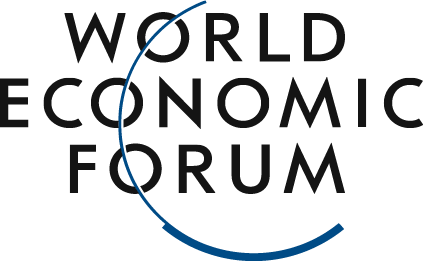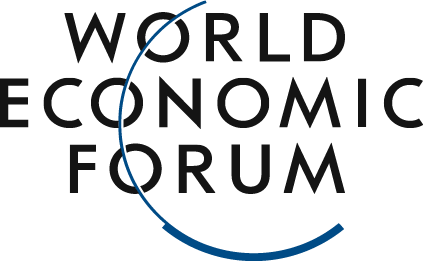The informal economy holds a significant place in global economic growth.
Image source:Unsplash/Nathan Cima
Gillian Hinde
EY Global Head of Corporate Responsibility
The informal economy consists of economic activities that have market value but are neither formally registered nor regulated, accounting for a significant portion of the global workforce.
Supporting workers in the informal economy helps achieve the United Nations' Sustainable Development Goals, fostering inclusive growth and innovation in underserved communities.
Collaboration between businesses, governments, and local platforms can provide informal workers with access to funding, training, and technology, thereby empowering them.
TRANSFORMBrink,(44%)1534,60%,WecyclersIya Daniel,319,000(194),Iya,3. Encourage relevant policies and initiativesEmerging-market businesses, organizations, and governments should actively support policies that empower informal workers.This includes measures such as setting a minimum wage and providing digital skills training, which help protect individuals' rights and enhance their bargaining power.4. Foster cross-departmental collaborationPublic-private partnerships are essential for driving lasting change. They leverage the strengths of each sector to create more effective solutions.TRANSFORM is a prime example—it supports companies like Wecyclers and MESH by leveraging a combination of capital, business expertise, local knowledge, and networks, helping them amplify their impact. It also enables impactful enterprises to integrate seamlessly into corporate value chains, driving both business growth and enhanced sustainability outcomes.For instance, with support from TRANSFORM, MESH has already reached over 80,000 young African workers in the informal sector, while Wecyclers has established 26 new franchise outlets, generating more than 300 indirect employment opportunities.Redefining the future of workTo drive sustainable growth in emerging markets, we must prioritize the rights, needs, and voices of people working in the informal economy. This requires a collective effort from businesses, policymakers, and researchers—and it must also involve local organizations and individuals.Only by supporting and empowering informal workers and entrepreneurs within a vision of sustainable growth can we ensure a truly inclusive global economy—driving sustained growth, fostering innovation, and guaranteeing a brighter, more equitable future for everyone.
The above content solely represents the author's personal views.This article is translated from the World Economic Forum's Agenda blog; the Chinese version is for reference purposes only.Feel free to share this on WeChat Moments; please leave a comment below the post if you’d like to republish.
Editor: Wang Can
The World Economic Forum is an independent and neutral platform dedicated to bringing together diverse perspectives to discuss critical global, regional, and industry-specific issues.
Follow us on Weibo, WeChat Video Accounts, Douyin, and Xiaohongshu!
"World Economic Forum"





